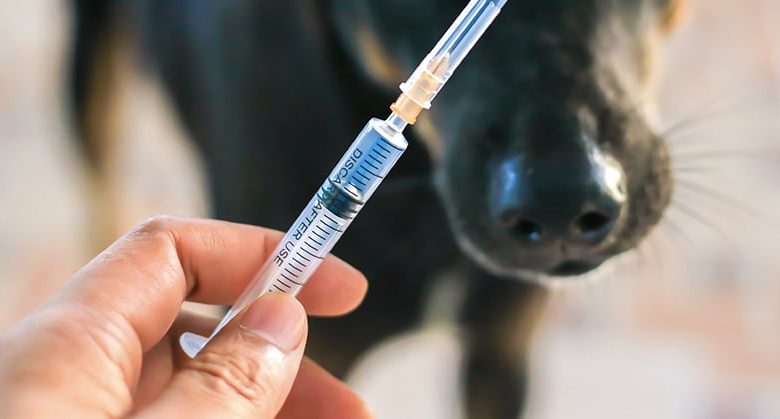
DAR ES SALAAM, Sept 23 (NNN-DAILYNEWS) — TANZANIA is poised to benefit from more affordable, high-quality rabies vaccines from the World Organisation for Animal Health (WOAH) once its submitted strategy is endorsed.
The Director of Veterinary Services, Dr Benezeth Lutege, told the `Daily News’ that the government has submitted its ambitious dog-mediated rabies control strategy for 2024-2028 to WOAH, anticipating approval by next year.
This endorsement would provide international recognition and support for Tanzania’s efforts to improve animal health, aligning with the government’s goal of eliminating rabies by 2030.
“We have submitted our strategy to WOAH for scientific review and endorsement. One of the benefits is access to more affordable, high-quality rabies vaccines,” said Dr Lutege.
According to him, the initiative aims to strengthen efforts to prevent rabies, a deadly disease primarily transmitted to humans through infected dog bites.
The strategy outlines a systematic approach to reduce rabies risk through sustained mass dog vaccinations, pre- and post-exposure prophylaxis and public education until the country is free of dog-mediated human rabies.
Dr Lutege said securing access to WOAH vaccines will enable Tanzania to supplement its domestic vaccine supply, ensuring sufficient quantities are available to meet the country’s needs.
Tanzania’s domestic supply of rabies vaccine is expected to be boosted by anticipated local production of the vaccines at the country’s vaccine centre in Kibaha, Coast Region, he said.
According to him, local production of the vaccine will not only reduce the country’s reliance on imports but also potentially lower vaccine costs.
Dr Lutege expressed optimism that the government’s decision to waive customs duties and VAT on rabies vaccines will make them more affordable.
“This measure aims to bolster efforts to prevent rabies, particularly in rural communities where access to veterinary care is limited.
By making vaccination more affordable, we hope to increase dog vaccination rates and reduce the risk of human rabies infections,” he said.
Currently, canine rabies vaccines in Tanzania cost between 2,000/- and 3,000/-, but despite these relatively low prices, rabies remains a significant public health concern as it continues to be endemic in many parts of the country.
Domestic dogs are the primary source of rabies transmission to humans.
According to official data, rabies causes an estimated 1,499 human deaths annually in Tanzania, with 98 per cent of cases attributed to rabid domestic dogs. The country is home to approximately 4.5 million dogs and over two million cats.
Dr Lutege said waiving of customs duties and VAT is part of a broader strategy to prevent and control zoonotic diseases.
Dr Lutege believes that lowering vaccine prices will encourage dog owners to vaccinate their pets.
Globally, rabies remains a pressing health issue, resulting in an estimated 59,000 human deaths annually across more than 150 countries, with Africa and Asia accounting for 95 per cent of these cases. — NNN-DAILYNEWS



